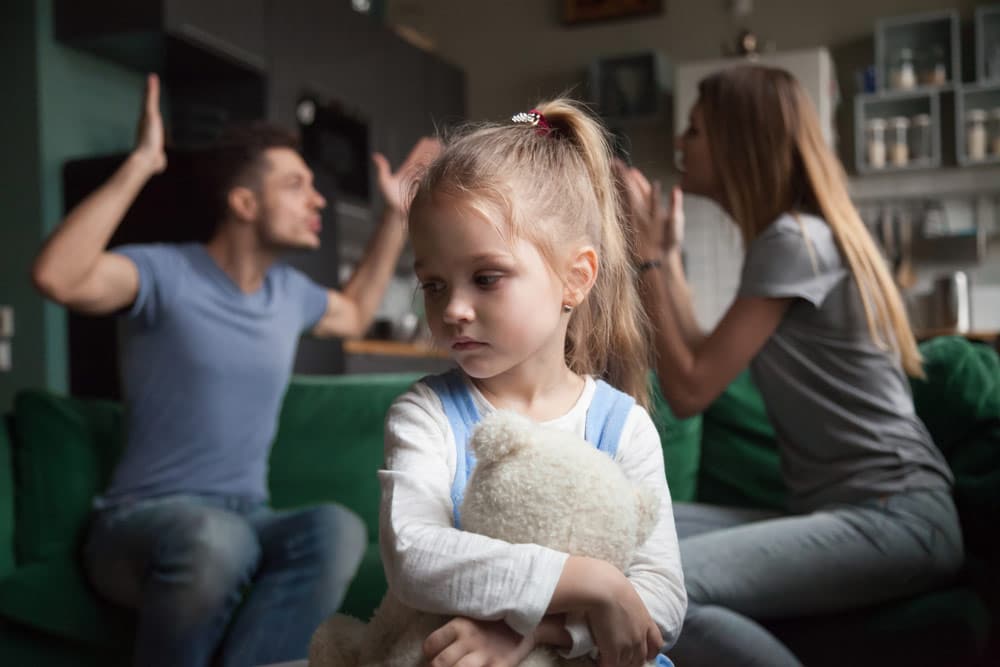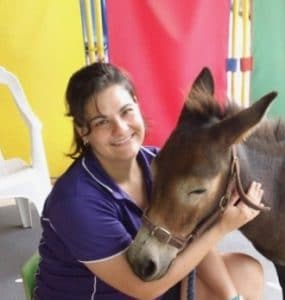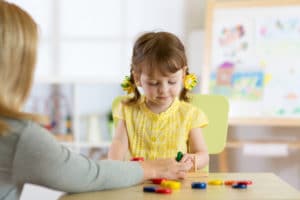Childhood trauma can be difficult to witness or experience. It can have long-lasting consequences both now and well into the future that affect a child’s behaviour and quality of life. Understanding what childhood trauma is and how it can be handled is important, but what is childhood trauma and how can it affect a child’s behaviour?

What Is Childhood Trauma?
Childhood trauma is often described as a serious negative childhood experience that causes lasting negative mental and physical effects upon the individual. This trauma can come in several different forms, from the death of a parent or physical abuse to the trauma caused by a car accident or witnessing violent and intense arguments between a child’s guardians. The experience of witnessing or being involved in an event that is physically and emotionally painful can have lasting repercussions that result in lasting trauma to the child.
How Can Childhood Trauma Affect Behaviour In Children?
If childhood trauma isn’t addressed and treated, a child can suffer several serious consequences that can severely impact their behaviour and quality of life. These long-lasting behavioural issues can include the following:
- The child will often internalise or externalise stress reactions
- They may experience and show signs of anger, depression or anxiety
- They will often have difficulty expressing or managing emotions
- Initial signs of trauma can include sadness, anxiety, confusion, numbness and dissociation and agitation
- They can experience intense and ongoing emotional upset
- They may have a loss of interest in normal activities
Are There Long-term Effects?
Adults who have a history of childhood trauma are more prone to chronic physical problems. They may be more averse to engaging in what is considered to be risky behaviours which can end up compounding the original trauma. Untreated trauma can affect the quality and longevity of someone’s life.
Get Help Early
Getting help early is so important for the child. If left untreated, trauma can end up having long-term consequences for the individual that can have mental, emotional and physical ramifications. However, with the right support system in place, most children can recover from the trauma and live full and happy lives. Remember, when dealing with childhood trauma:
- Be patient. Some children recover quickly, but it could be a long process to full recovery for your child.
- Always remind the child that they are in a safe space.
- Get help from a trained professional such as a child psychologist or a mental health professional when needed. They are trained to assist your child in their recovery.
Childhood trauma can be caused by a variety of different events or circumstances. If left untreated, it can have negative effects that may seriously impact the individual in many ways, both mentally and physically. With proper care and the help of a professional, childhood trauma can be successfully addressed and treated.
Contact A Professional
For professional assistance treating childhood trauma, give our friendly team a call on (08) 8985 6067 today. Our professional and talented team will be able to help your child address their trauma and go on to live a happy and full life.
Author

Barbara Kapser
Barbara Kapser is our psychologist at Stepping Stones in Life Therapy Service in Darwin. She's a member with the Australian Psychological Society and the Australian Association for Infant Mental Health.
She specialises in perinatal infant mental health, attachment disorders, developmental trauma and behaviour support.










